New Blog
Velvet Waite I July 17, 2024
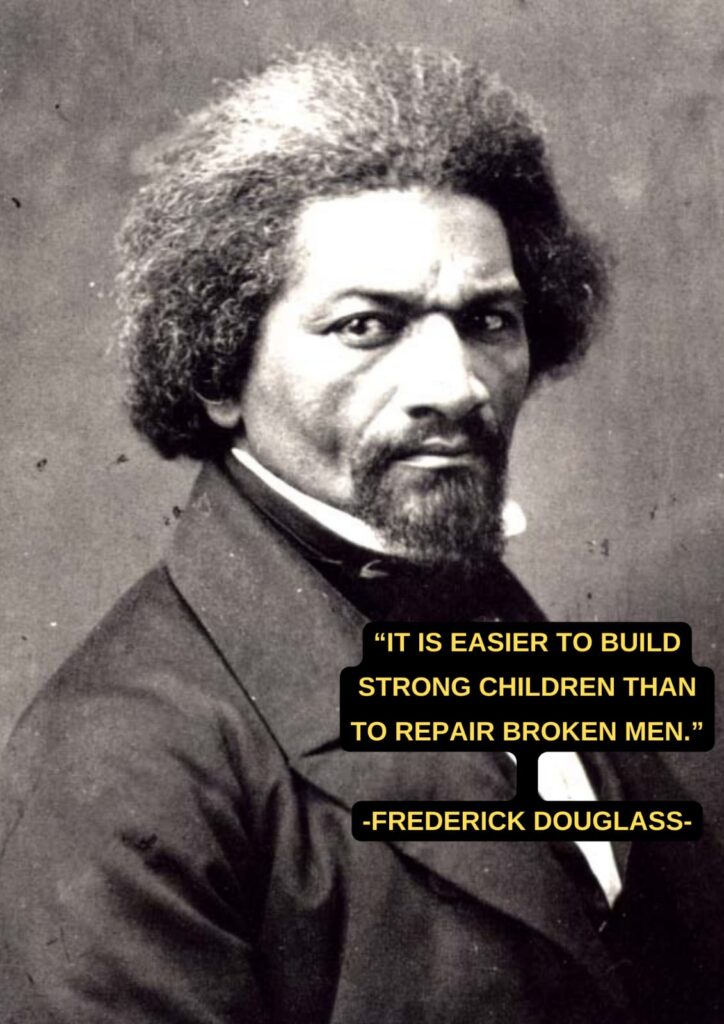
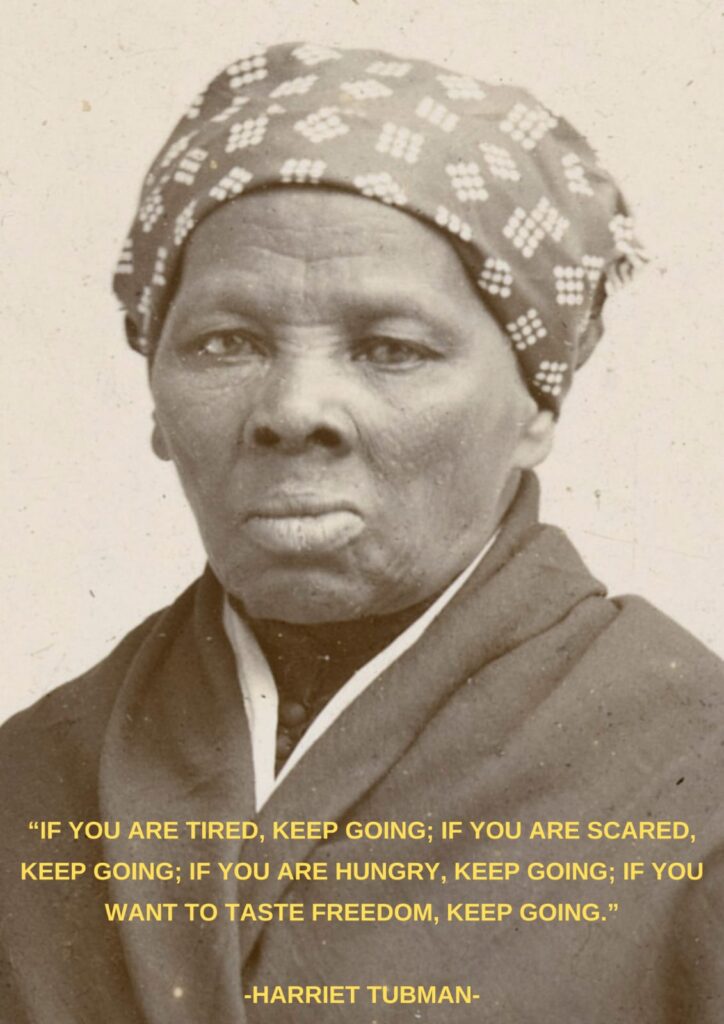
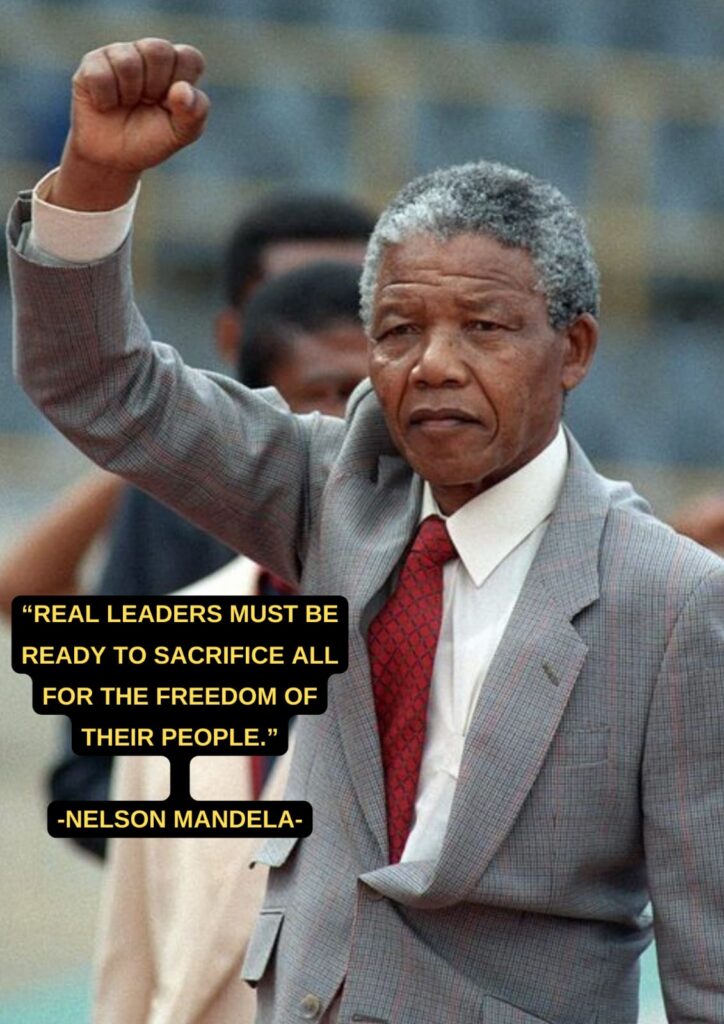
Leadership is the ability to guide, influence, and inspire individuals or groups towards achieving common goals. It involves setting a vision, making strategic decisions, and fostering an environment that motivates and empowers others. Effective leaders are not only adept at decision-making and problem-solving but also excel in communication, empathy, and resilience.
Qualities of a Great Leader
- Visionary Thinking: A great leader has a clear vision of the future and can articulate this vision in a way that inspires others.
- Integrity: Honesty and strong moral principles are essential. Leaders must be trustworthy and act consistently with their values.
- Empathy: Understanding and sharing the feelings of others helps leaders connect and motivate their teams.
- Resilience: The ability to bounce back from setbacks and maintain focus under pressure is crucial.
- Effective Communication: Clear, concise, and compelling communication is vital for conveying vision and goals.
- Decisiveness: The ability to make timely and well-considered decisions is key to effective leadership.
- Accountability: Great leaders take responsibility for their actions and the outcomes of their decisions.
The Great Afro Activists or Leaders

Nelson Mandela (1918-2013)
As the leader of the anti-apartheid movement in South Africa, Mandela's efforts culminated in the dismantling of the apartheid system. His presidency marked a significant step towards racial reconciliation and equality in South Africa.
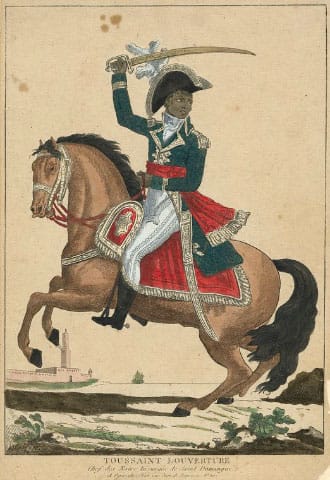
Toussaint Louverture (1743-1803)
A former slave who became a leader of the Haitian Revolution, Louverture played a pivotal role in transforming Haiti into the first free colonial society to abolish slavery. His leadership not only liberated Haiti but also inspired anti-slavery movements across the world.
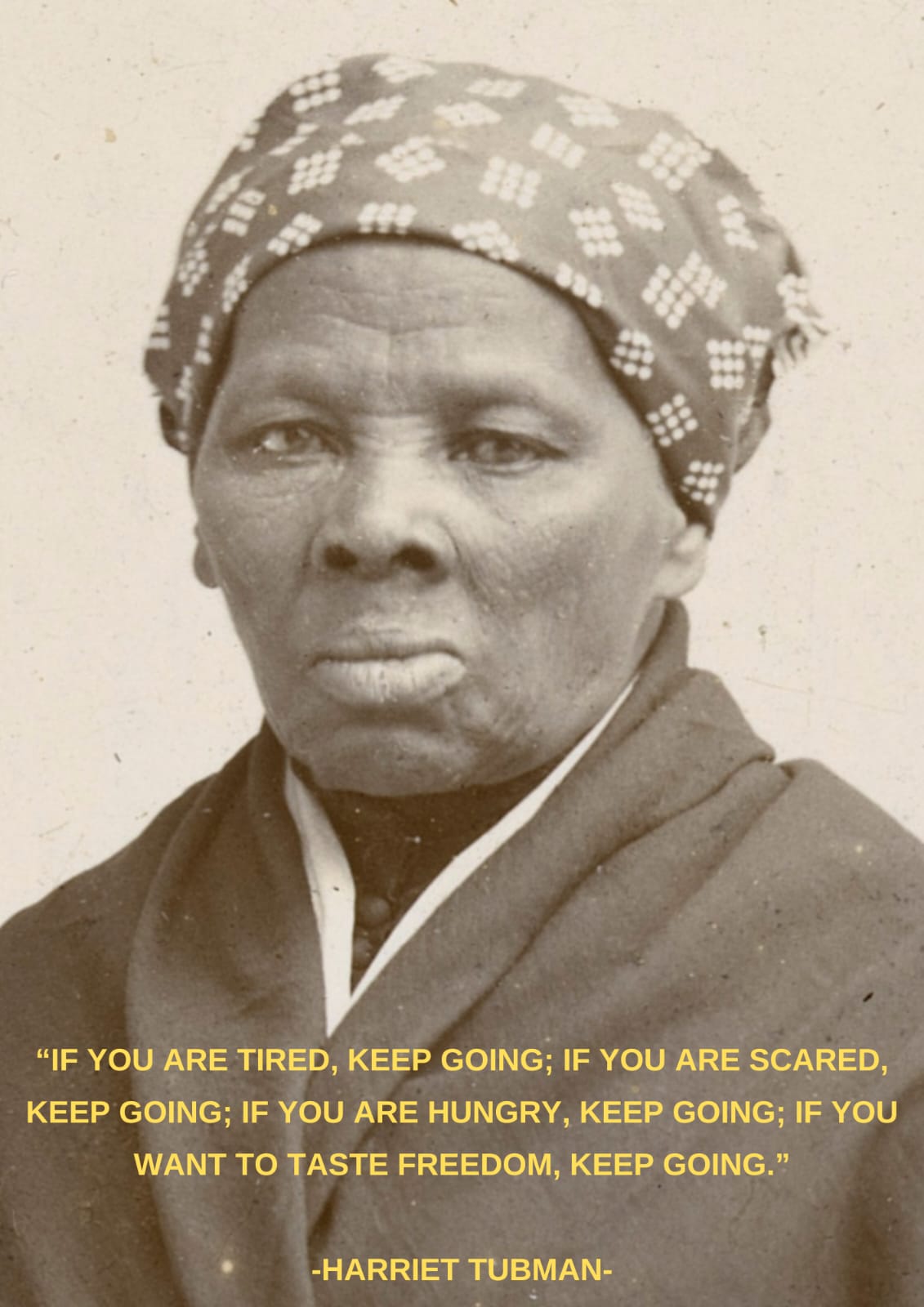
Impact of ChaHarriet Tubman (1822-1913) on Communities:
Known for her role in the Underground Railroad, Tubman helped hundreds of enslaved African Americans escape to freedom. Her courage and strategic brilliance made her an enduring symbol of resilience and liberty.
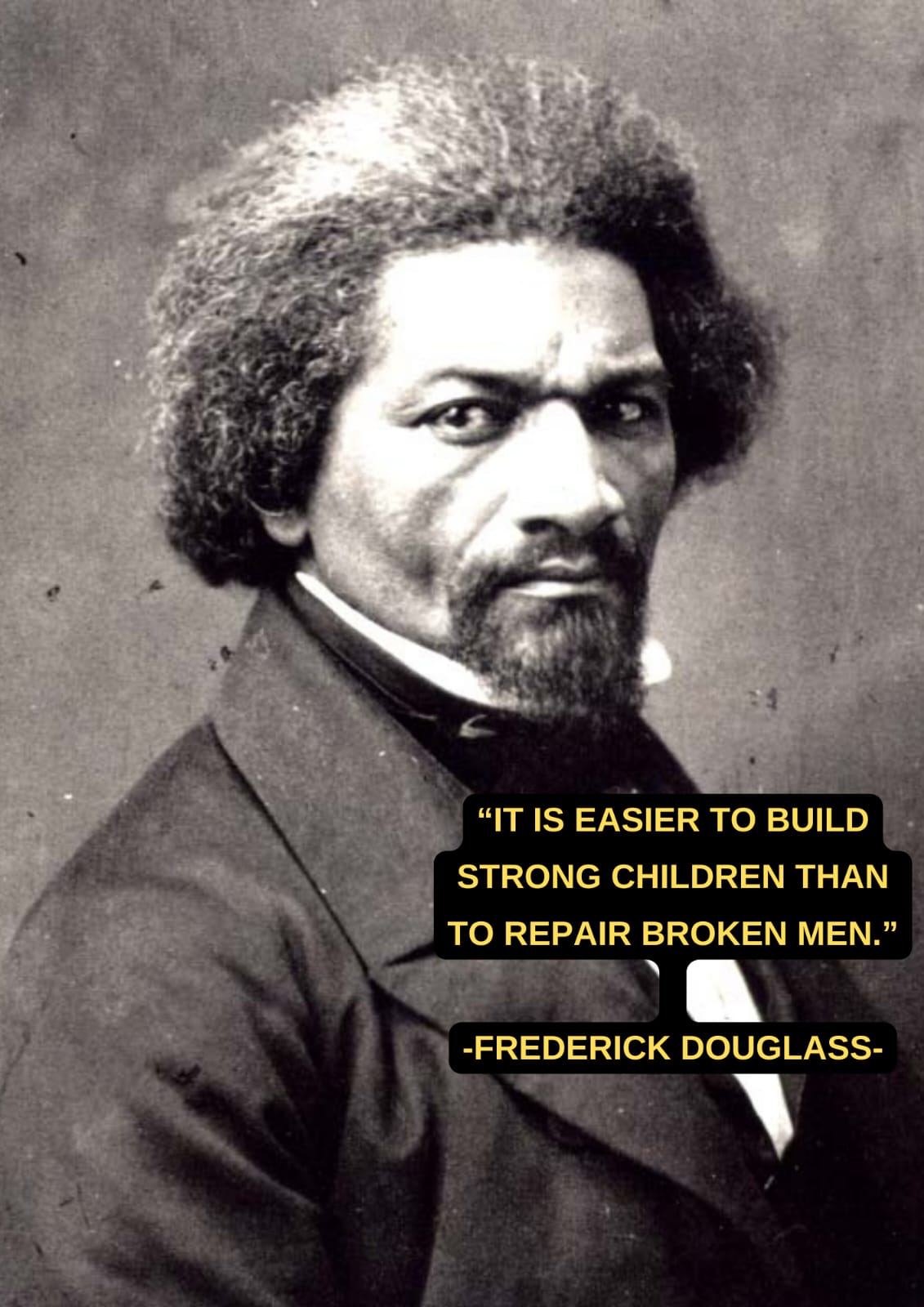
Frederick Douglass 1818 - 1895
Frederick Douglass, born a slave in 1818, became a leading abolitionist and advocate for racial equality. After enduring the brutal realities of slavery, he learned to read in Baltimore, which laid the foundation for his future success. At 23, he gave a powerful speech in Nantucket, inspired by abolitionist William Lloyd Garrison. Douglass escaped slavery in 1838, settled in Massachusetts, and began a career in public speaking and publishing. He published his autobiography in 1845 and the North Star newspaper in 1848. Douglass later parted ways with Garrison over differing views on the Constitution and the Union. Throughout his life, he remained dedicated to improving the lives of African Americans and advocating for women's rights.
The Lack of Real Afro Leadership Today
The contemporary Afro Diaspora faces numerous challenges that are exacerbated by a perceived lack of strong leadership. Unlike the prominent figures of the past, today’s Afro leadership is often fragmented and lacks a unified vision. This fragmentation can be attributed to several factors:
- Political and Social Fragmentation: The Afro Diaspora is spread across various countries with different political, social, and economic landscapes, making cohesive leadership difficult.
- Economic Disparities: Economic challenges can hinder the emergence of strong leaders who can mobilize resources and effect change.
- Globalization: The rapid pace of globalization has introduced new challenges that require innovative and adaptable leadership strategies.
- Media Influence: The portrayal of Afro leadership in the media can influence public perception and support, often emphasizing sensationalism over substantive leadership.
This lack of cohesive and effective leadership has significant implications. It can result in missed opportunities for economic empowerment, social justice, and political representation. Moreover, without strong leaders to advocate for their interests, communities within the Afro Diaspora may struggle to address systemic inequalities and achieve sustainable progress.
To address these issues, there is a need for emerging leaders who can bridge the gaps, unite diverse groups, and provide a compelling vision for the future. Investing in education, mentorship, and community-building initiatives can cultivate the next generation of Afro leaders who can inspire and drive meaningful change.
